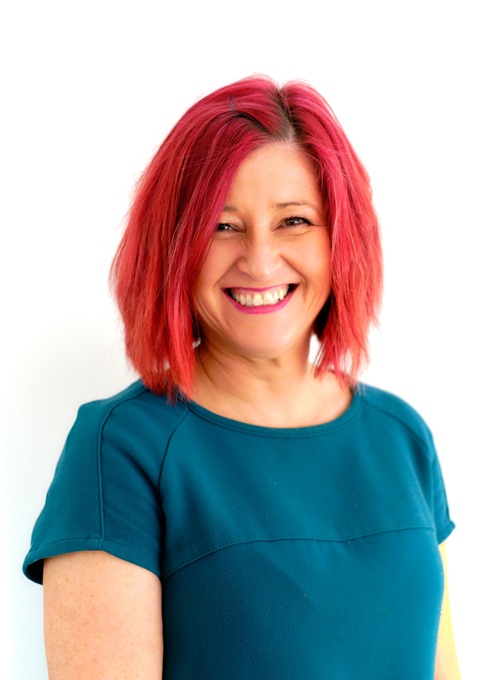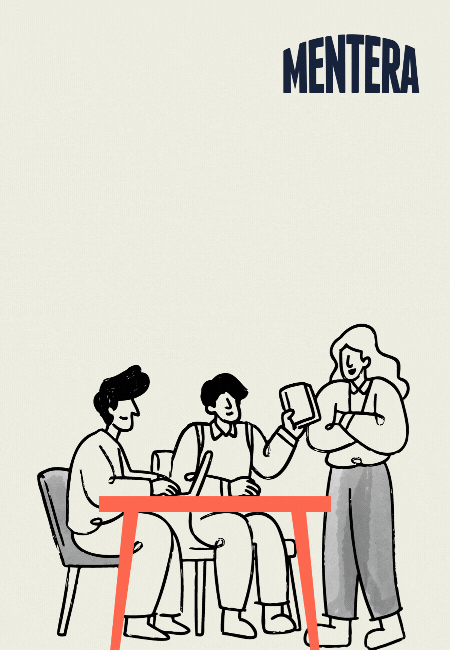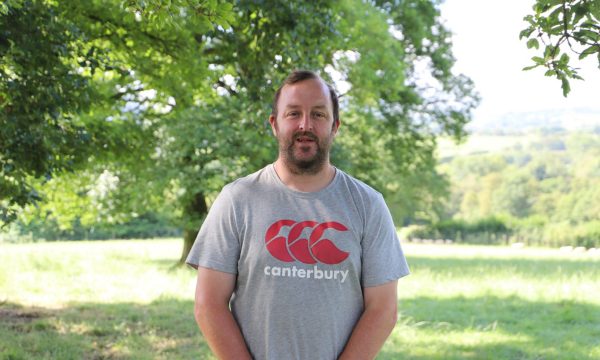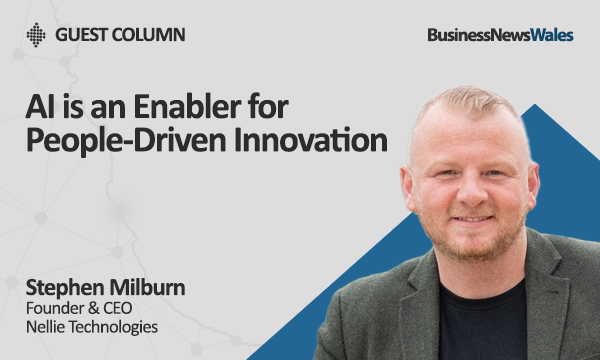
GUEST COLUMN:
Mari Arthur
Owner
Tetrim Teas

When I set up Tetrim Teas in 2021 I wanted to do more than create a product. I wanted to build a business that could support my village, my county and Wales as a whole.
With a background in sustainability and experience working in China, where health teas are part of everyday life, I had already seen how tea could be both a product and a platform for wellbeing. But I wanted to do it differently – rooted in local ingredients, in collaboration with local growers, and with a structure designed to give back rather than take out.
Tetrim Teas is a not-for-profit company. That was a deliberate decision from the outset. I wanted to ensure that any surplus would be fed back into the community of Trimsaran, which is a small and often overlooked village. By working with Aberystwyth University, AberInnovation and BIC Innovation, we were able to research and adapt traditional Chinese health tea recipes to use local plants and by-products. It took two and a half years to develop our first tea, which has undergone clinical research and shown promising health benefits such as reducing LDL cholesterol. Taking this time to get the product right was important because we didn’t want to cut corners on quality, sustainability or community impact.
The name Tetrim Teas reflects our roots – both in tea itself and in Trimsaran. It started as a play on words, combining ‘tea’ with ‘trim’, from the village and the slimming properties of the first blend we were working on.
Our location is of paramount importance to us. We have developed a community-driven business model that prioritises fairness, sustainability and local prosperity. Our village groups now take part in taste tests, and some residents have even been involved in our clinical trials. Their input has shaped not just our products, but the way we think about the business.
For us, innovation isn’t just about product development or technology – it’s about rethinking how a business can operate. We’ve tried to build a model that joins the dots between the economy, culture, environment and community. We pay the real living wage, maintain a flat structure so that profits aren’t concentrated at the top, and we buy as locally as possible – ideally within our county, then within Wales. We have a clear policy not to sell on platforms that don’t align with our values. These decisions might seem small, but collectively they help keep money circulating in the local economy and support other small businesses.
Working with local growers has been a key part of this journey. It’s not always easy to source everything locally and building relationships and trust takes time. We’ve spent a lot of time meeting farmers, explaining what we’re looking for, and exploring how their by-products, such as dandelions or rhubarb roots, could create new income streams. It’s a collaborative process, but it’s one that strengthens the local supply chain and brings benefits that go far beyond our own company.
I believe that when you build a business that puts community at the centre, it has a ripple effect. The support we’ve had from local people has been invaluable – they’ve invested their time and enthusiasm in Tetrim Teas because they feel part of it. That sense of shared ownership has helped us through the difficult moments that every start-up faces. When you’re committed to doing things the right way, whether it’s developing compostable packaging or choosing sustainable suppliers, the process can take longer and cost more. But involving the community from the start has made us more resilient.
There’s also a growing awareness among buyers and consumers about sustainability and community impact. We’re seeing more interest from larger retailers and partners who want genuine evidence of positive change, not just a tick-box exercise. Our community stories, along with the ethical way we operate, help us stand out, but ultimately, the product has to be excellent too. That’s why we’ve been careful to ensure that every aspect, from the ingredients to the packaging, aligns with our values.
Looking ahead, I’d like to see high-quality local food and drink become more accessible and affordable across Wales. Small, artisan producers often face challenges with scaling up and competing with mass-produced products on price. We have three mushroom-growing units that could increase production if the market supported it, but until local and sustainable products are prioritised in mainstream supply chains, it’s difficult to reach that next step. I think innovation needs to address not just products, but the whole system – how people buy, what they value, and how producers are supported.
For me, innovation has always been about doing things differently, even when that means taking a slower or more challenging path. We’re also exploring new tools, like AI, which I’ve started using for marketing. It’s a useful way to save time, but we’re clear that we don’t want automation to replace the local, hand-crafted nature of our work. Our teas are made by people, not machines, and that creates jobs and opportunities in our community – something I’m determined to protect.
Tetrim Teas is still a young company, but it’s built on the belief that business can be a force for good. By staying true to our values – supporting local growers, creating fair jobs, and reinvesting in our community – we hope to keep proving that innovation doesn’t always mean high-tech. Sometimes, it means taking a holistic approach, being rooted in your place, and doing the right thing, even if it takes a little longer.
Mari Arthur talks about this and more in the Mentera podcast episode Beyond Business as Usual: Fuelling Growth with Innovation. Listen to the podcast here.












